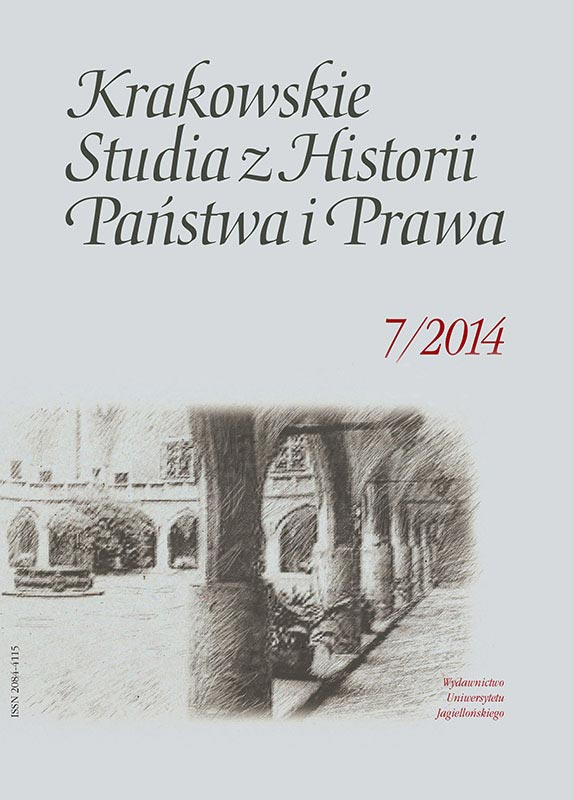Angielska doktryna promissory estoppel a polska klauzula nadużycia prawa
The English doctrine of promissory estoppel and the Polish clause of abuse of law
Author(s): Jan HalberdaSubject(s): Law, Constitution, Jurisprudence, History of Law
Published by: Wydawnictwo Uniwersytetu Jagiellońskiego
Keywords: civil law; law of obligations; history of law; promissory estoppel; abuse of right clause
Summary/Abstract: The article discusses the problem of evolution and the premises used in applying the English concept known as promissory estoppel. The birth of this legal concept has been discussed on the example of the most important court cases, the so called leading cases, such as, among others, that of High Trees (1947) and Combe v. Combe (1951), in which it was lord Denning who adjudicated. In the article, the author also analyzes the general principles of invoking promissory estoppel. He indicates that in the course of a court trial it is necessary to prove the existence of a promise, on the basis of which the person who was promised something, while acting in accordance with the common sense, decided to withdraw and by undertaking certain definite steps ultimately suffered a loss, whereas withdrawal on the part of the person making a promise would be unjustified. The author of the paper made an effort to try to answer the question whether the abuse of right clause mentioned in Art. 5 of the Civil Code may be regarded as the Polish equivalent of promissory estoppel.
Journal: Krakowskie Studia z Historii Państwa i Prawa
- Issue Year: 7/2014
- Issue No: 2
- Page Range: 395-403
- Page Count: 9
- Language: Polish

